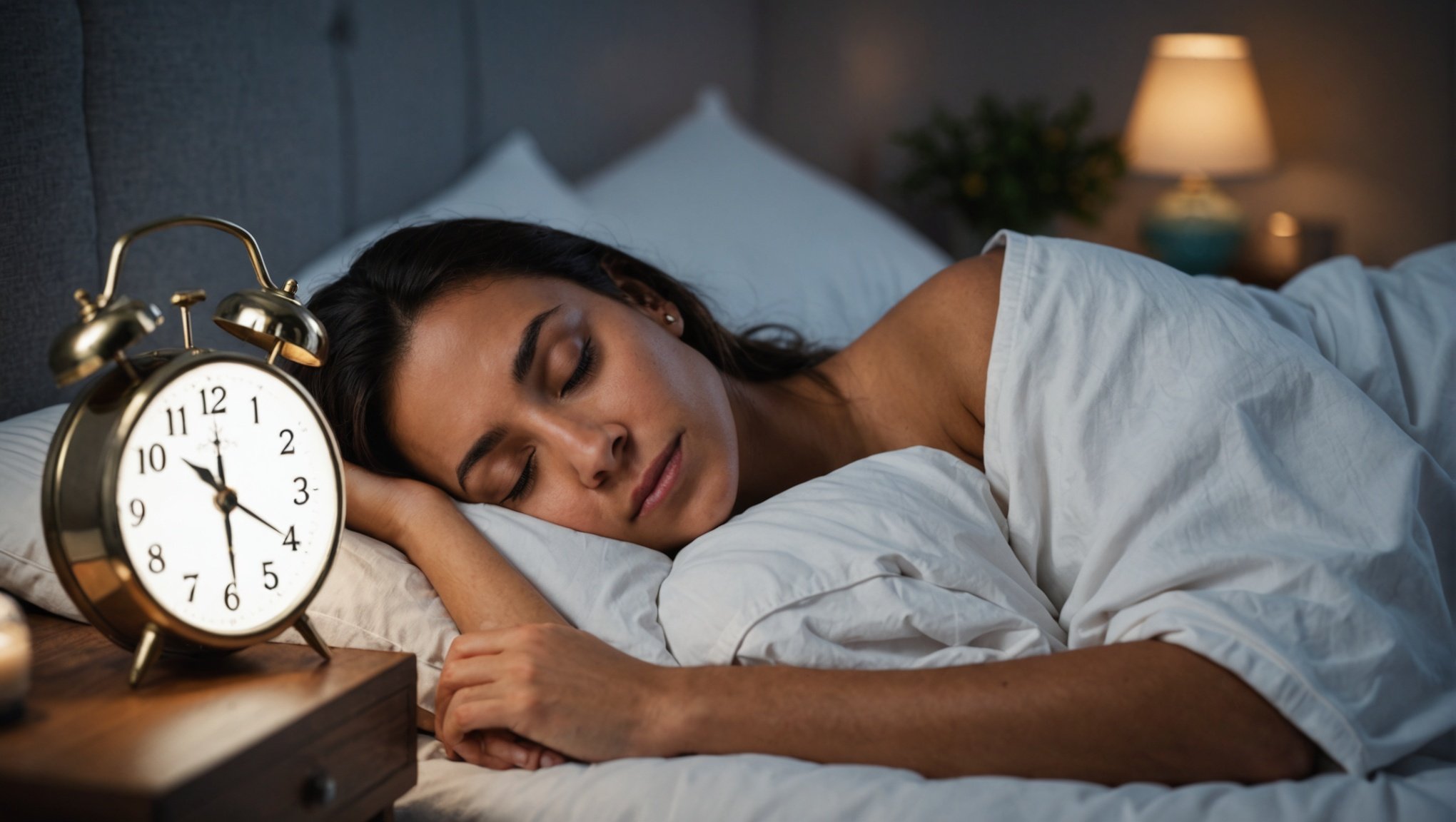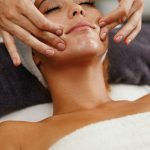Sleep, an essential element for the regulation of our body’s health and well-being, often gets compromised due to various factors such as stress, anxiety, or health conditions. An increasing number of people are turning to natural remedies, such as aromatherapy, to find relief from sleep disorders, especially insomnia. Aromatherapy harnesses the power of plant-derived, aromatic essential oils to promote relaxation and sleep. This article explores the potential role of aromatherapy in enhancing sleep quality, with a particular focus on its use for individuals struggling with insomnia.
Understanding Aromatherapy and Its Association with Sleep
Aromatherapy, an age-old practice, uses essential oils extracted from plants to stimulate the sense of smell, which in turn can impact mood, mental state, and overall health. As sleep disorders become a common issue, understanding the connection between aromatherapy and sleep has gained prominence in recent research.
Additional reading : Essential massage gun reviews: find your best fit today
Aromatherapy can be as simple as diffusing oils into the air, or as elaborate as a full-body massage with essential oils. Some of the commonly used essential oils for sleep include lavender, chamomile, and ylang-ylang, known for their calming and soothing effects.
The theory behind aromatherapy’s effects on sleep is linked to the brain’s limbic system, which is responsible for controlling mood and emotions. When inhaled, the scents from essential oils stimulate the olfactory system, creating a reaction in the brain associated with relaxation, thus potentially aiding in sleep.
In parallel : Anxiety checklist: your guide to managing panic and finding peace
The Science Behind Lavender Oil and Sleep
Of the many oils used in aromatherapy, lavender is perhaps the most widely studied in relation to sleep. Its calming and sedative properties make it a popular choice for enhancing sleep quality.
In a study published in the Journal of Alternative and Complementary Medicine, healthy participants exposed to lavender oil showed significant increases in deep sleep and felt more vigorous in the morning. The study suggests that lavender essential oil can act as a mild sedative that promotes deep sleep.
Another study published on PubMed, showed that lavender oil aroma reduced the heart rate and heart rate variability in participants, indicating a decrease in autonomic arousal, which is associated with increased relaxation and potentially better sleep.
Efficacy of Aromatherapy in Patients with Insomnia
Insomnia, characterized by difficulty in falling asleep or staying asleep, can have detrimental effects on people’s health and quality of life. While there are various treatment options, including medication and cognitive-behavioral therapy, an increasing number of patients are seeking natural remedies like aromatherapy.
In a randomized controlled study, the effectiveness of aromatherapy for the management of insomnia was evaluated. The study found that inhalation of essential oils like lavender and sweet orange significantly improved the sleep quality of the participants compared to the control group, highlighting the potential beneficial role of aromatherapy in managing insomnia.
Aromatherapy for Anxiety and Sleep Quality
Anxiety is a common issue that can interfere with sleep. The calming effects of certain essential oils could potentially help alleviate anxiety symptoms, thus improving sleep.
One study investigated the effects of ylang-ylang oil, renowned for its calming properties, on patients with anxiety. It was found that those who inhaled ylang-ylang oil experienced a significant reduction in their anxiety levels and reported better sleep quality.
Another study tested the effects of essential oil massage on the sleep quality and anxiety levels of patients in an intensive care unit. The results revealed a significant improvement in sleep quality and a reduction in anxiety levels in the group that received an essential oil massage, compared to the control group.
Potential Side Effects and Precautions with Aromatherapy
While aromatherapy holds promise in enhancing sleep quality, it’s essential to use these oils with caution. Some people might be allergic to certain oils, resulting in skin reactions, irritation, or even respiratory symptoms.
It’s also important to note that essential oils should never be ingested, as they can cause serious health complications. Additionally, pregnant women, children, and individuals with certain health conditions should consult a health professional before starting aromatherapy.
Remember, while aromatherapy can potentially help you relax and improve sleep quality, it should not replace conventional treatments for sleep disorders or underlying health conditions.
Aromatherapy’s Synergy with Other Sleep-Enhancing Techniques
Aromatherapy’s potential enhancement of sleep quality is not confined to its use in isolation. In fact, pairing aromatherapy with other sleep-enhancing techniques can yield more promising results.
One such technique is sleep hygiene, which involves practices such as maintaining a consistent sleep schedule, ensuring an optimal sleep environment, and avoiding certain activities close to bedtime. When combined with the use of calming essential oils, these practices can potentially create an effective synergy for improving sleep quality.
For instance, the use of lavender oil in conjunction with a consistent sleep schedule was studied in a research article published in the National Center Biotechnology page. The results indicated that participants who adhered to regular bedtime and wake-up times and used lavender oil before sleep experienced a notable improvement in their sleep quality compared to those who only followed sleep hygiene practices.
Similarly, mindfulness-based therapies such as relaxation exercises and meditation can also be paired with aromatherapy. In a study cited in the Biotech National Library Medicine, participants who practiced mindfulness techniques while diffusing essential oils reported better sleep quality and lower levels of stress and anxiety.
It’s crucial to remember that while the combination of aromatherapy and other techniques can potentially enhance sleep quality, further research is needed to confirm these findings.
Concluding Thoughts and Future Directions
In conclusion, the use of aromatherapy, particularly with essential oils such as lavender, chamomile, and ylang-ylang, shows promising potential in enhancing sleep quality, especially in individuals suffering from insomnia. Studies referenced from trusted sources such as NCBI NLM and PubMed have demonstrated the beneficial effects of essential oils on sleep parameters, anxiety reduction, and overall well-being.
Yet, despite these encouraging findings, it is vital to approach aromatherapy with caution. Potential side effects, including allergic reactions and irritation, underline the importance of using essential oils responsibly and under the guidance of a health professional.
While preliminary research supports the sleep-enhancing benefits of aromatherapy, there is a need for additional comprehensive studies in order to further understand this relationship. Future research could explore the long-term effects of aromatherapy on sleep quality, the efficacy of different essential oils, and the potential synergistic effects of combining aromatherapy with other sleep-enhancing techniques.
Finally, while aromatherapy may serve as a beneficial adjunct therapy for improving sleep quality, it does not replace traditional treatments for insomnia or any underlying issues. Instead, aromatherapy may be considered as part of a broader, integrated approach to improving sleep and overall health. In this era of biotechnology advances and genomic view, providing access to such natural, non-invasive sleep aids is a positive step towards improving global health outcomes.











